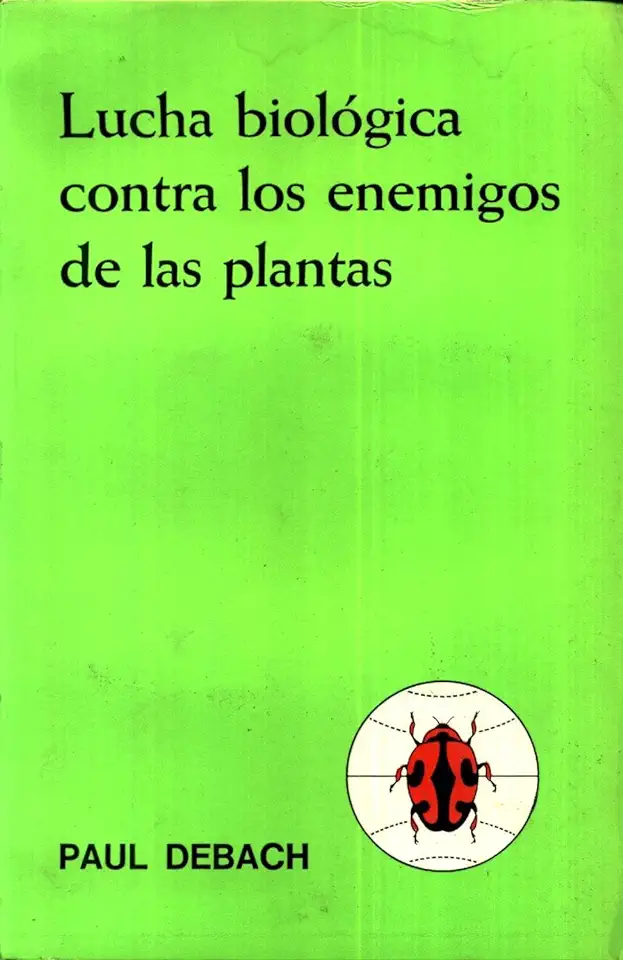
Biological Control of Plant Pests - DEBACH
Biological Control of Plant Pests: A Comprehensive Guide to Natural Enemies
In the realm of agriculture, the battle against destructive plant pests has long been waged, often relying on chemical pesticides that can have detrimental effects on the environment and human health. However, there exists a more sustainable and effective approach known as biological control, which harnesses the power of natural enemies to combat these pests.
Natural Enemies: Nature's Guardians
Biological control revolves around the utilization of natural enemies, such as predators, parasitoids, and pathogens, to regulate pest populations. These beneficial organisms play a crucial role in maintaining ecological balance by keeping pest numbers in check.
Predators: Nature's Silent Hunters
Predators are voracious hunters that actively seek and consume their prey. Ladybugs, for instance, are voracious predators of aphids, while lacewings feast on a variety of soft-bodied insects. These predators can significantly reduce pest populations, protecting crops from damage.
Parasitoids: The Silent Assassins
Parasitoids are specialized organisms that lay their eggs on or inside the bodies of their hosts, eventually leading to the host's demise. Wasps, for example, are renowned parasitoids that target a wide range of insect pests. By parasitizing pests, these organisms effectively curb their populations.
Pathogens: Nature's Invisible Warriors
Pathogens are microorganisms, such as fungi, bacteria, and viruses, that cause diseases in pests. Entomopathogenic fungi, like Beauveria bassiana, infect and kill insects, while certain bacteria produce toxins that are lethal to pests. These pathogens can spread rapidly through pest populations, causing significant mortality.
Benefits of Biological Control
Adopting biological control practices offers numerous advantages:
Reduced Reliance on Chemical Pesticides: Biological control reduces the need for chemical pesticides, minimizing environmental pollution and safeguarding human health.
Increased Crop Yield and Quality: By effectively controlling pests, biological control enhances crop yield and improves the overall quality of agricultural produce.
Conservation of Beneficial Insects: Biological control preserves beneficial insects, such as pollinators, which play a vital role in maintaining biodiversity and ecosystem health.
Cost-effectiveness: Biological control can be a cost-effective pest management strategy, as it often requires minimal ongoing maintenance.
Conclusion
Biological control of plant pests offers a sustainable and effective alternative to chemical pesticides. By harnessing the power of natural enemies, farmers can protect their crops while preserving the environment and human health. Embracing biological control is a step towards a more harmonious and sustainable agricultural future.
Call-to-Action
Don't miss out on this comprehensive guide to biological control of plant pests. Order your copy of "Biological Control of Plant Pests" today and discover the secrets of nature's pest control arsenal. Take control of your pest problems and embrace a sustainable approach to agriculture.
Enjoyed the summary? Discover all the details and take your reading to the next level — [click here to view the book on Amazon!]